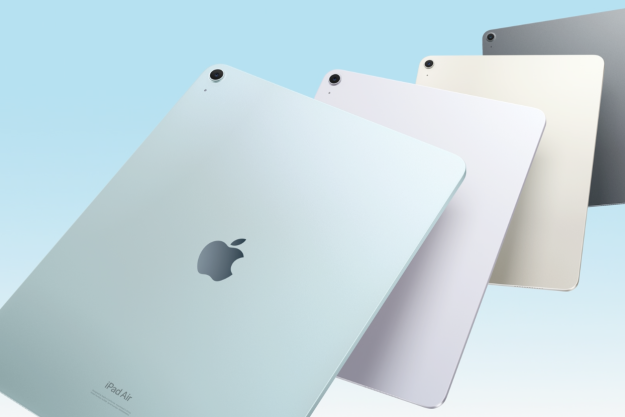When Steve Jobs announced that Apple would no longer support Adobe’s Flash in favor of HTML5, it was a calculated risk. Jobs laid out why he thought Flash should be excluded, citing everything from security concerns to reliability, in defense of Apple’s decision to not allow developers to use Flash on Apple’s iDevices. But despite a chorus of voices in agreement that included Microsoft, to ban the program that dominates the video playback market on the internet was a gamble. The choice was clear: side with Flash and lose Apple, or abandon Flash in favor of Apple and HTML5.
The decision did not seem to affect iPad sales, as the tablet officially crossed the 2 million sold mark, but two more media giants have decided that developing content for the iPad just isn’t worth it.
Time Warner and NBC Universal have told the NY Post that they both intend to stick with Flash, because retooling their extensive libraries would be too expensive, and not worth it because Flash dominates the market.
One media exec told the NY Post that Apple’s position was eroded by the announcement of Google TV, which will use Flash. Others claim that the iPad’s Flash friendly rival tablets that are on the way further weaken Apple’s demands to switch to HTML5.
Hulu- which is owned by NBC Universal, Fox Entertainment and ABC, recently announced that it would also remain with Flash. CBS has begun to work with Apple, but will only offer a limited number of show, while Fox and CNN offer select clips only. ABC, which is owned by Disney, has created an app to stream ABC videos, which is not surprising since Jobs is Disney’s biggest shareholder.
The battle for the future of online video content continues.
Editors' Recommendations
- Which iPads does the Apple Pencil Pro work with? Here’s the full list
- Apple apologizes for its controversial iPad Pro ad
- Best Apple deals: Save on AirPods, Apple Watch, iPad, MacBook
- There’s something Apple isn’t telling you about the new iPad Pro
- I don’t think Apple wants me to buy the new iPad Pro



